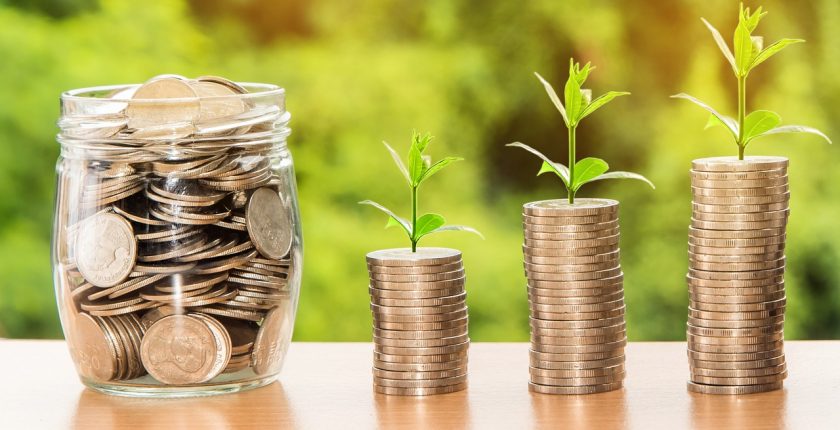Disrupting inequality – Philanthropy and its potential to address the rich/poor divide in the light of Covid-19
The current inequality.
The gap between the rich and the rest is well-documented, with the world’s richest 1% owning twice as much wealth as 6.9 billion people combined (Oxfam, 2020). This shocking statistic is only set to worsen under the current global pandemic which has shaken the already fragile life support systems of the poor.
Covid-19 has been labelled as the worst financial crisis since the Great Depression. The International Monetary Fund (IMF) who originally expected global income to increase by for 2020, now predicts this to decrease by 3% with a disproportionate impact on low skilled workers.
Within the developed world the impact of Covid-19 is exaggerated for low skilled workers who are more likely to experience job losses than higher skilled workers. For example, lower educated employees working within the informal sector or poor paying industries are more at risk of being made redundant, and less likely to have a savings cushion or mechanism in place to make ends meet in the absence of employment.
Covid-19 effects on the growing wealth gap.
Developing countries tend to have a higher reliance on primary sector roles that are sensitive to disrupted supply chains. Since Covid-19 has reduced global economic growth and adversely impacted supply chains, developing countries’ economies now face a severe economic crisis.
It stands then that Covid-19 is set to widen the gap between the rich and poor increasing inequality on both an individual and international level. As governments struggle to mitigate long-term economic scars across their populations, does philanthropy have the potential to address the inequality exacerbated by Covid-19?
The potential of Philanthropy to address inequality.
Defined as the generous monetary investment to promote the welfare of others, Philanthropy has been around in some format for centuries. Today it is characterised by the investments of wealthy actors such as the Bill Gates foundation which has donated $45.5 billion to date. With the rich getting richer and with the values of ‘conscious capitalism’ becoming more mainstream, philanthropy’s prominence is set to grow.
Philanthropy can help disrupt the cycle of inequality by addressing the underlying issues that inform it. Newer models of philanthropy have focused their influence as well as finance on impacting structures responsible for creating inequality in the first place. For example, The Patriotic Millionaires, an organisation of high-net worth American business leaders, have used their influence in the political sphere to lobby for a guaranteed living wage for all working citizens within the US. This type of Philanthropy has the potential to pressure governments into creating fairer policies that help those who have been disadvantaged by Covid-19.
Another key part of addressing inequality is the inclusion of democracy and participation. This is particularly important within Philanthropy to ensure it benefits those who are disadvantaged and doesn’t simply further the self-interests of the rich. A form of democratic Philanthropy is Participatory Grant Making, where those who are benefitting from philanthropic investment have a say about how the resources are utilised. In terms of Covid-19 where the economic effects on the poor are still being understood, the benefit of Participatory Grant Making is the voice it gives those who know by lived experience what they suffer with and what they need.
Ultimately it is philanthropies ability to adapt its methods to become more democratic and relevant that makes it a powerful opportunity to address the rich/poor divide. Going forward, it is this ability that could see it become an effective tool to counter the current pandemics economic effects on the poor.
References
Oxfam (2020) Making things fair, https://www.oxfam.org.uk/get-involved/campaign-with-oxfam/inequality-drop-debt/
J,D Ostry, P, Loungani. D Furceri.(18th May 2020) The pandemic will leave the poor further disadvantaged – IMF, https://www.weforum.org/agenda/2020/05/pandemics-poor-rich-economics-coronavirus-covid19/
D, Rhodri. (29th April 2019) Philanthropy is at a turning point. Here are 6 ways it could go, https://www.weforum.org/agenda/2019/04/philanthropy-turning-point-6-ways-it-could-go/
D, Sriskandarajah. (24th May 2019) How can philanthropists help tackle inequality? https://www.alliancemagazine.org/blog/how-can-philanthropists-help-to-tackle-inequality/

